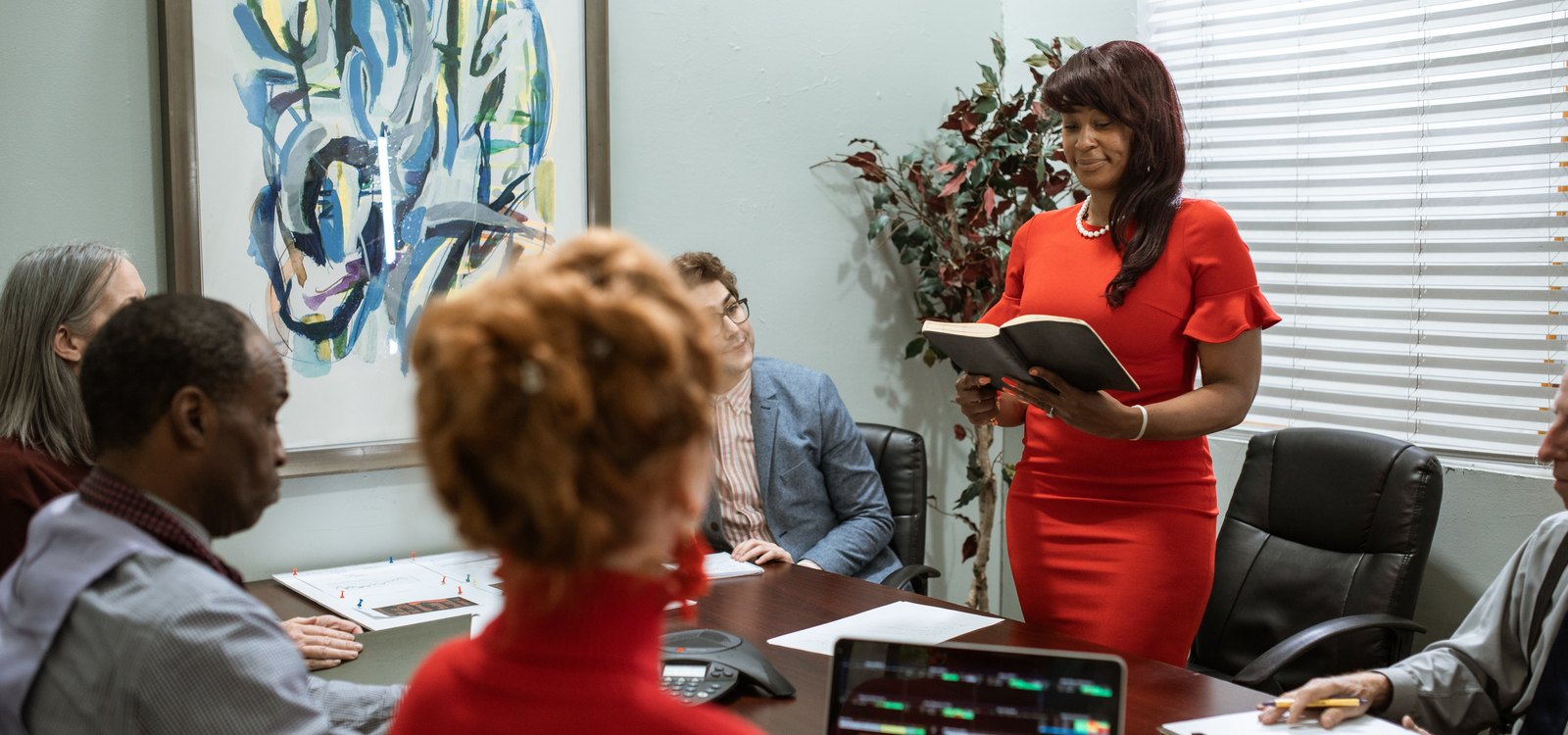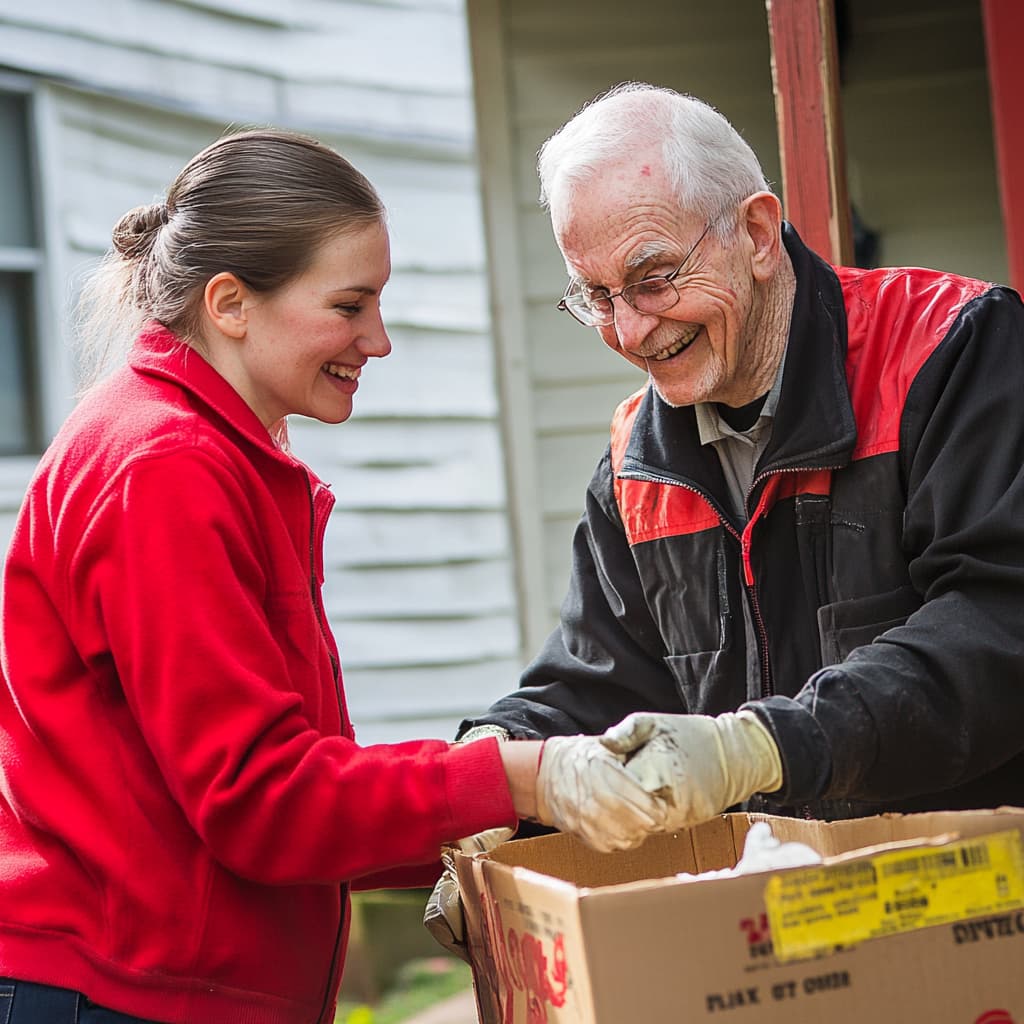Many very sincerely, often emotionally respond to someone else’s grief, to some kind of social problem. One way or another, like moths on a warm summer night, volunteer groups or initiatives suddenly appear and just as suddenly disappear. No matter how much such positive volunteer help is in demand, this is not enough for us. We think, or rather even believe, that volunteering can be serious, systematic and organized.
The main point of training volunteers is to increase labor efficiency and minimize risks, both for the ward and for the volunteer himself. However, in practice we have two limitations – this is the resource of the volunteer himself, which he is ready to give for training and the resource of the volunteer organization, thanks to which the training system can be built. Volunteer training is a balance of these resources and practicality.

Volunteering in a Fractured World
Read More

Digital Volunteering Through Gambling Affiliate Programs
Read More

Ethical Promotion in Gambling Affiliate Marketing
Read More
On a theoretical level, we all agree that preparation is always needed. A trained person is a better worker than an untrained person. However, when we talk about volunteering, a few practical questions are brought into the theory.

First, as a rule, the vast majority of volunteers do unskilled work. Even in the social sphere, even with direct and personal contact with hospital patients or those living in a neuropsychiatric boarding school, a volunteer may be required to do something completely everyday, obvious, simple. For example, talk, draw, support an elderly person on a walk. Therefore, it is important to clearly understand: what can a volunteer get from preliminary training? Will the acquired knowledge and skills really come in handy?
Secondly, the time and effort spent by the volunteer on preparation should be correlated with the volunteer’s resource. Will he not waste himself and will he cool down to volunteering? If preparation is one of the “filters” (to weed out the restless, disloyal, etc.), then the manifestation of volitional effort and willingness to go through this stage by the volunteer is very positive. But preparing for the sake of a tick, for the sake of a theoretical understanding of the issue divorced from life, can turn out to be a serious obstacle on the way to volunteering.
Thirdly, if we attract pro bono volunteers, then the question arises: why train professionals? In any case, they know their subject better than organizers of volunteer activities. The time of professionals is valuable and expensive and should be seriously weighed – is it worth spending it?



























